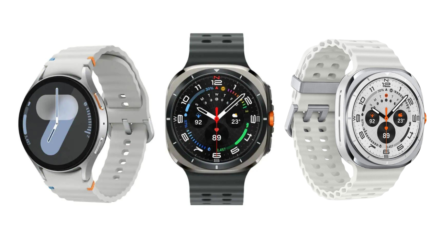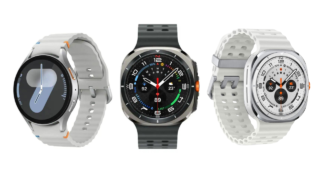Would you let Elon Musk tinker along with your mind? That’s a query all of us may be dealing with sooner or later if his brain-computer interface firm Neuralink succeeds. However anybody who’s prepared to boost their arms for mind surgical procedure may need to hear what one of many Neuralink co-founders lately mentioned throughout an interview with the Wall Road Journal.
The Wall Road Journal podcast The Way forward for Every little thing lately sat down with Dr. Benjamin Rapoport, a neurosurgeon who co-founded Neuralink with Musk and a workforce of scientists again in 2016. Rapoport left Neuralink to begin his personal firm referred to as Precision Neuroscience and one particular a part of the interview actually stood out to us. Particularly, the half the place Rapoport appeared to recommend he left over security issues.
“You co-founded Neuralink alongside Elon Musk, and also you ended up leaving to begin Precision. Why did you resolve to depart and begin a brand new firm?” the Wall Road Journal’s Danny Lewis requested within the Might 3 episode.
“I’ve just about devoted my total skilled life to bringing neural interfaces from the world of science to the world of drugs. However I felt that with a view to transfer to the world of medication and know-how, security is paramount,” Dr. Rapaport mentioned.
“For a medical system, security usually implies minimal invasiveness,” Rapaport continued. “And within the early days of brain-computer interfaces, there was this notion that with a view to extract information-rich knowledge from the mind, one wanted to penetrate the mind with tiny little needle-like electrodes”
Dr. Rapaport continued to clarify on the podcast that this methodology has one large downside. It causes “some quantity of mind injury once they’re inserted to the mind.” That, after all, is lower than ultimate. And Rapaport says he believed it was potential, “to extract information-rich knowledge from the mind with out damaging the mind.”
Dr. Rapaport goes on to say he fashioned Precision Neuroscience with that philosophy in thoughts. It was essential to concentrate on “minimal invasiveness, scalability, and security” when producing neural interfaces. And he believes that’s what units his firm aside from Neuralink.
“The Neuralink system relies on penetrating microelectrodes. The Precision system relies on floor microelectrodes, that are tiny little electrodes that coat the floor of the mind with out penetrating it,” Rapaport defined.
Mind-computer interfaces have made great strides up to now decade, permitting individuals to actually management machines with their ideas. Corporations like Musk’s Neuralink are likely to get all of the headlines, however there are a variety of companies, together with Synchron, Paradromics, and Precision Neuroscience. They usually all have their very own philosophies on what stage of invasiveness is permissible.
Neuralink has obtained loads of criticism over time, with MIT Expertise Assessment calling it “neuroscience theater” again in 2020, and horrifying allegations of monkey torture have been revealed in 2022. Fifteen monkeys have been reported to have died at a Neuralink facility between 2017 and 2020, in keeping with a criticism filed with the U.S. Division of Agriculture. However Musk rejected the concept monkeys in Neuralink labs died ugly deaths, claiming as an alternative that they lived in “monkey paradise.”
None of that criticism has stopped individuals from getting excited in regards to the potentialities in brain-computer interfaces, even when it’s work tied to Neuralink. The corporate lately launched a video of a Neuralink affected person enjoying video video games along with his thoughts. And there are various individuals on social media who’re able to have Musk outfit them with experimental brain-computer interface tech.
Gizmodo tried to succeed in Dr. Rapoport via Precision Neuroscience’s web site on Sunday however didn’t hear again. We’ll replace this put up if we obtain a reply. Neuralink additionally didn’t reply to an e mail on Monday.












Leave a Comment